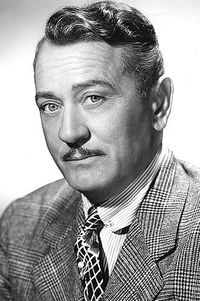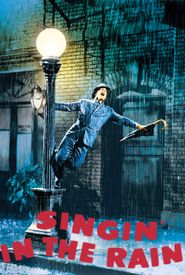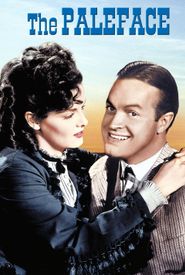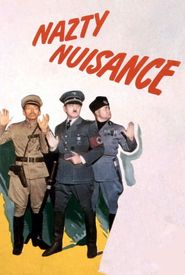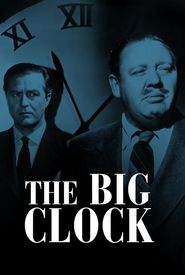Bobby Watson's illustrious acting career commenced in the late 19th century, in the vibrant city of Springfield, Illinois. At the tender age of 10, he embarked on a unique entrepreneurial venture, operating a peanut concession on Saturday afternoons at the Olympic Theatre, the only dance hall in town. As he grew older, Watson's role expanded to the evening concession, allowing him to observe and learn from the various travelling variety acts that frequented the theatre.
By the time he reached 15, the theatre manager recognized Watson's talents and offered him a chance to showcase his skills. His debut performance consisted of two comedic impressions, the first being a blackface act and the second a drunken Irishman. This initial success led to his immediate inclusion on the Olympic payroll.
Watson's journey continued when a travelling medicine show, aptly named "Kickapoo Remedies Show," passed through Springfield. The show's owner, impressed by Watson's abilities, recruited him to join the troupe and perform across the Midwest. Notably, Watson took on the female role of "Rosalind" in a production of William Shakespeare's play, cementing his reputation as a versatile performer.
In Chicago, Watson was offered a position with Gus Edwards's shows at the Martinique Hotel and Coney Island, Brooklyn. His performances in New York's entertainment capital soon caught the attention of Broadway producers, who hired him to replace Frank Craven in the 1918 musical "Going Up." This marked the beginning of Watson's illustrious career in the theatre and subsequently, films.
A significant breakthrough came in 1919 with the original musical "Irene," featuring Edith Day. Watson's portrayal of a popular male modiste, nicknamed "Madame Lucy," earned him widespread acclaim and cemented his status as a beloved character actor. The show's immense success led to a revival a few years later, in which Watson reunited with Irene Dunne, with whom he would collaborate again in the 1937 film "The Awful Truth."
Watson's impressive range and adaptability allowed him to take on diverse roles, including a revival of "The Rise of Rosie O'Reilly" in 1923. Shortly thereafter, he began receiving film offers, marking the beginning of his cinematic career.
Throughout his extensive filmography, Bobby Watson has played a wide array of memorable character parts. Beginning in 1942, he became synonymous with the role of Adolf Hitler, appearing in more films featuring the infamous dictator than any other actor. Some notable titles include "Hitler: Dead or Alive," "The Hitler Gang," "Miracle of Morgan's Creek," and "That Nazty Nuisance."
Watson's remarkable career has seen him portray a diverse range of characters, from an interior decorator and radio announcer to a hotel manager, dance director, band leader, dressmaker, detective, and even an uncredited diction coach in the classic film "Singin' in the Rain."
